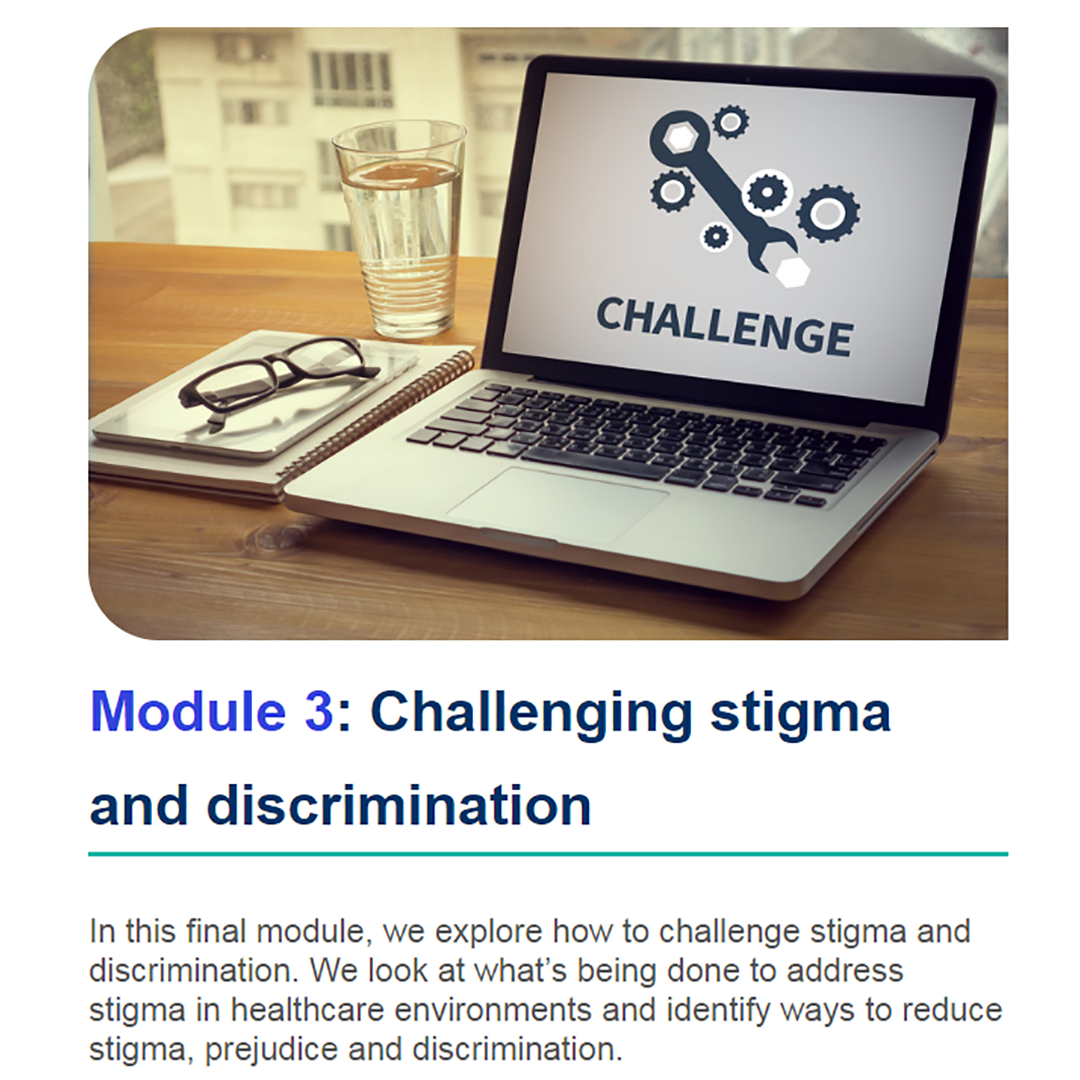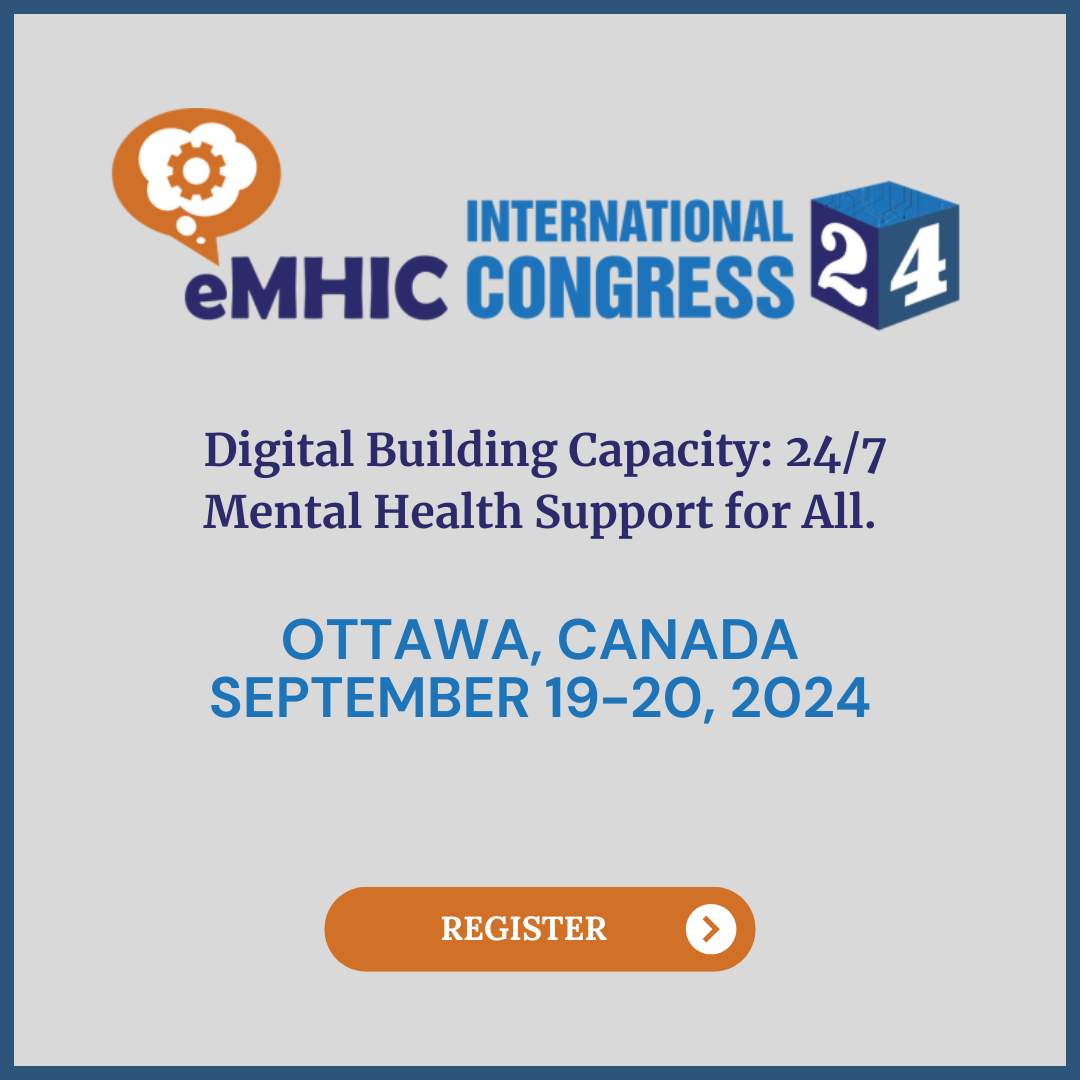If you are in distress, you can call or text 988 at any time. If it is an emergency, call 9-1-1 or go to your local emergency department.
Understanding Stigma: Evaluation Results on Opioid-Related Stigma
As evidenced in the following key findings, the evaluation of the Understanding Stigma online program generally showed encouraging results in terms of improving attitudes and behavioral intentions toward people with lived and living experience of opioid use: • statistically significant improvements from pre- to post-intervention on the total OM-PATOS as well as on 18 of the 19 individual scale items, with small effect sizes Worth noting is that the effect-size improvement observed in the Understanding Stigma evaluation is somewhat smaller than other substance use and/or opioid use stigma reduction interventions using the OM-PATOS. It was also smaller than the effect sizes we have observed in this program for mental illness-related stigma. This is perhaps unsurprising given that the Understanding Stigma program is not tailored to opioid-related stigma specifically but rather toward mental illnesses and concurrent disorders more generally. Yet given the broader focus of the program content, it is encouraging that significant The fact that some participants’ scores worsened from pre- to post-intervention is an important area for further investigation. One possible reason may be that, for some participants, the program led to new or increased awareness of personal prejudices and biases (see Sukhera et al., 2018, for example.). This explanation would be consistent with the fact that those whose scores worsened from pre- to postintervention had relatively lower baseline scores compared to the average for all participants. Other possible factors would also be important to explore. This evaluation of Understanding Stigma is not without limitations. For one, the matched surveys that the analyses were based on do not represent all those who participated during the study’s time period (i.e., approximately 64% of those who took the course during that time completed pre- and post-surveys that were matched). In addition, results should be interpreted with some caution, since a difference in average age was observed for participants who completed both surveys as compared to those who did not — meaning that the results may not be fully representative of the actual population of participants who completed the program. With these limitations in mind, the results show Understanding Stigma to be a promising program for reducing opioid-related stigma. The results further suggest that if this intervention were to be adapted to opioid-related stigma more specifically (e.g., by adding a module specific to opioids, including stories from people with lived and living experience of opioid use and opioid-specific educational content), it is likely that stronger impacts would be observed.
Can an online course aimed at improving health-care provider and first responder attitudes toward people with mental illnesses reduce opioid-related stigma?
• a more than 10% increase in the proportion of participants across the 80% threshold of success from pre- to post- intervention and a similar increase in the proportion of participants across the 100% threshold of success from pre- to post-intervention
improvements and small effect sizes were nonetheless observed.
SHARE THIS PAGE
RELATED



